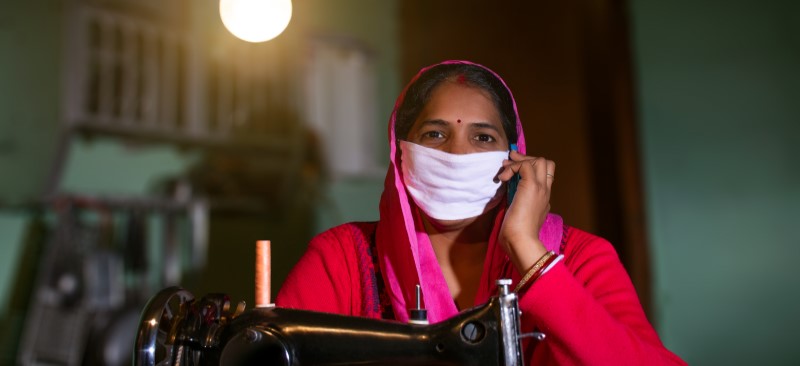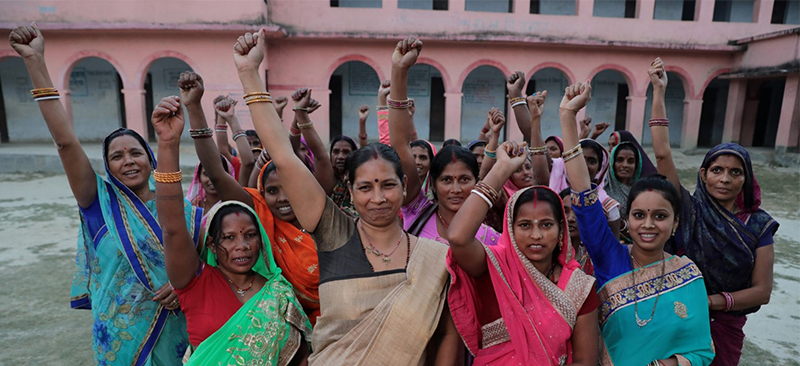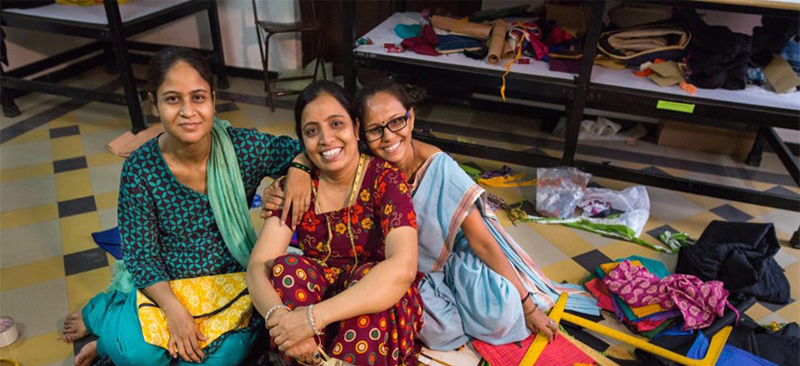Saloni Tandon
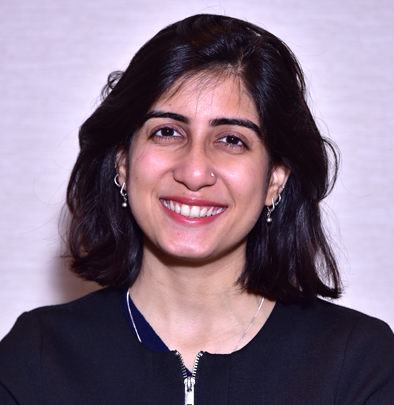
Saloni Tandon
Senior ManagerSaloni is a Senior Manager in MSC’s Digital Inclusive Development (DID) domain and works in the Gender Equality and Social Inclusion (GESI) practice.
Saloni works closely on the intersection of gender with other aspects that impact women’s agency and subsequent financial inclusion and social protection levels. She has eight years of experience in social research and development consulting in financial inclusion, social security, gender equality, access to public health systems, sustainable livelihoods, and quality of education. She has worked closely with the Government of India, multi and bilateral donor agencies, financial institutions, not-for-profit institutions, and self-regulatory organizations in India, the Philippines, and Sri Lanka through her assignments. Her areas of expertise include developing gender-centric products and processes like the GOOTCHA framework. She also focuses on policy analysis, data analytics, qualitative research, strategic business planning, and program evaluations.
Posts by Saloni Tandon
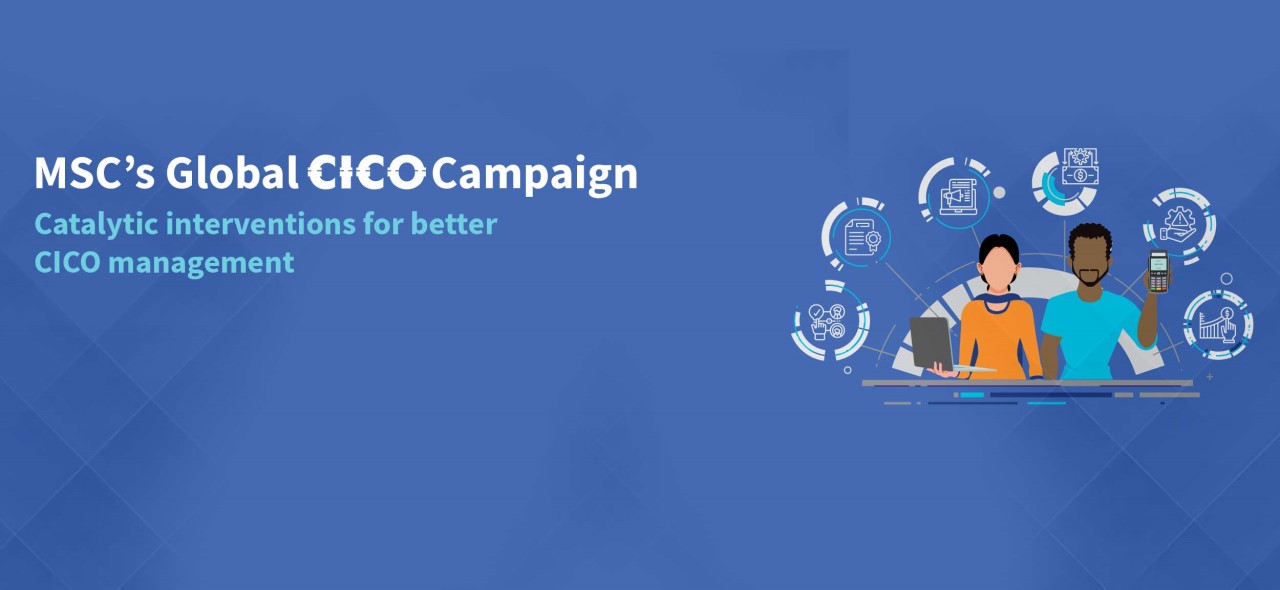 Blog
Blog
Raghuveer Dinavahi, Saloni Tandon and Surbhi Sood
CICO Agent Lifecycle – Interactive Digital Flipbook
 Blog
Blog
Akhand Tiwari, Sonal Jaitly and Saloni Tandon
India’s blanket approach to financial inclusion is leaving women behind: Here are four ways to close the gender gap
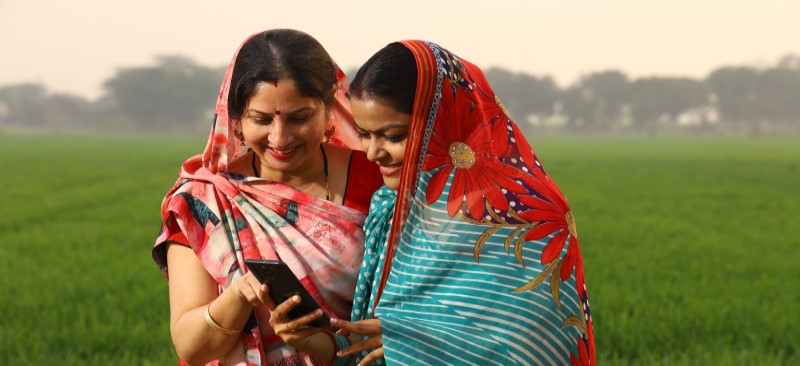 Publication
Publication
Akhand Tiwari, Saloni Tandon, Lakshmi Thangallapally and Jayana Jain
